Urban survival poses unique challenges and dangers that are often overlooked. Being aware of these hidden threats can help you better prepare for any situation. Here are 15 dangers of urban survival that no one talks about.
1. Limited Access to Clean Water
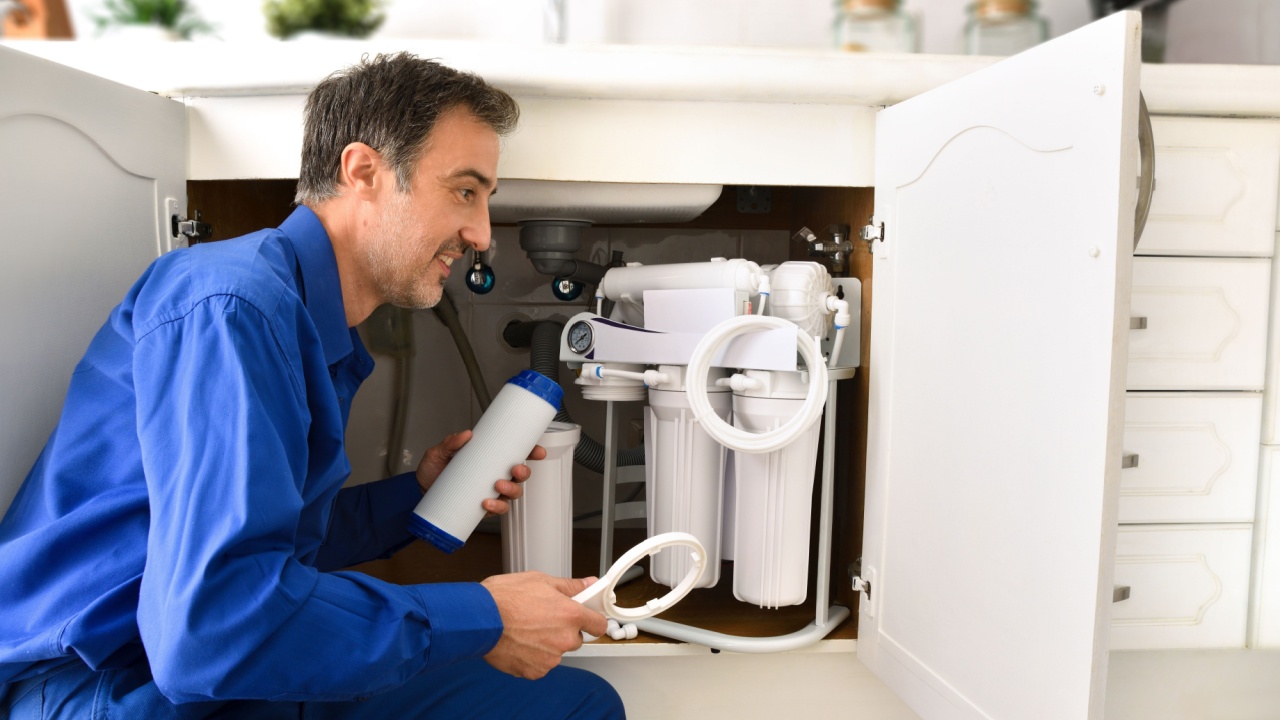
In an urban environment, access to clean water can quickly become a major issue during a crisis. Water supplies may be contaminated or cut off, making it difficult to find safe drinking water. It’s important to have a plan for purifying water and to know where to find alternative sources. Consider storing water purification tablets and learning how to use natural filtration methods.
2. Food Shortages
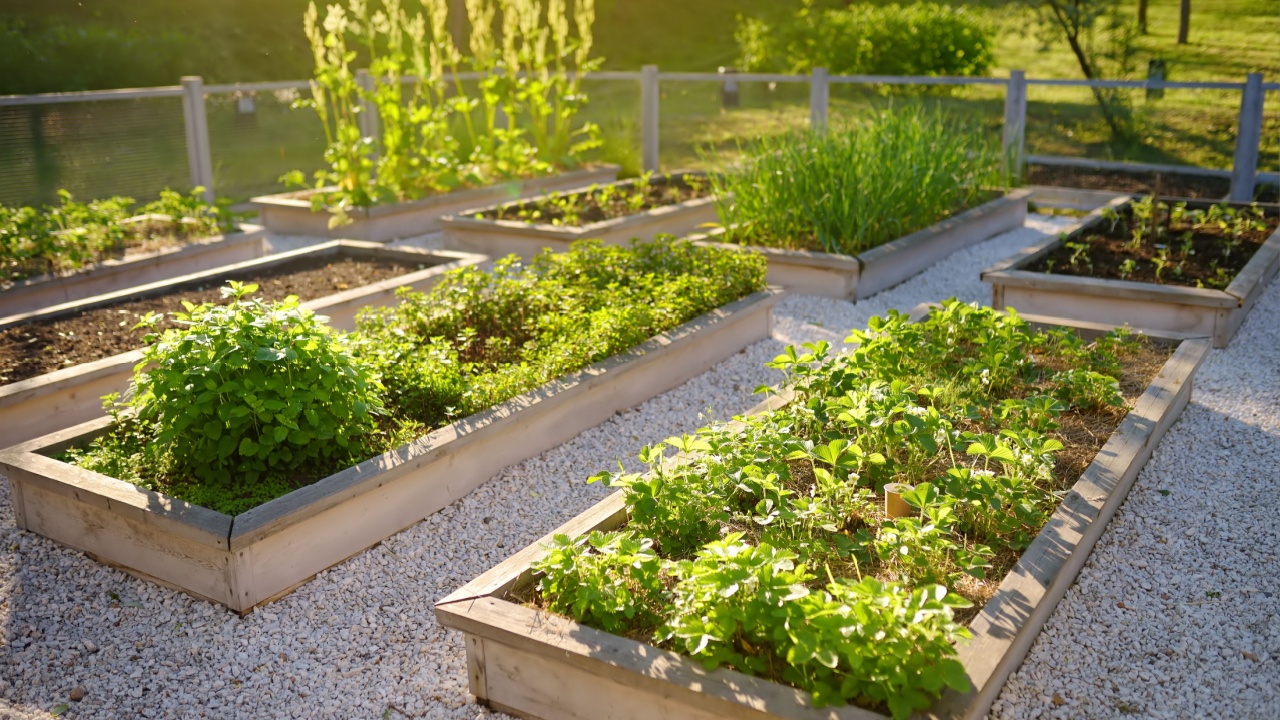
Grocery stores can run out of food quickly during emergencies. Supply chains may be disrupted, leading to long-term food shortages. Having a stockpile of non-perishable food and knowing how to forage or grow your own food can be lifesaving. Learn about local edible plants and keep seeds for fast-growing vegetables.
3. Power Outages
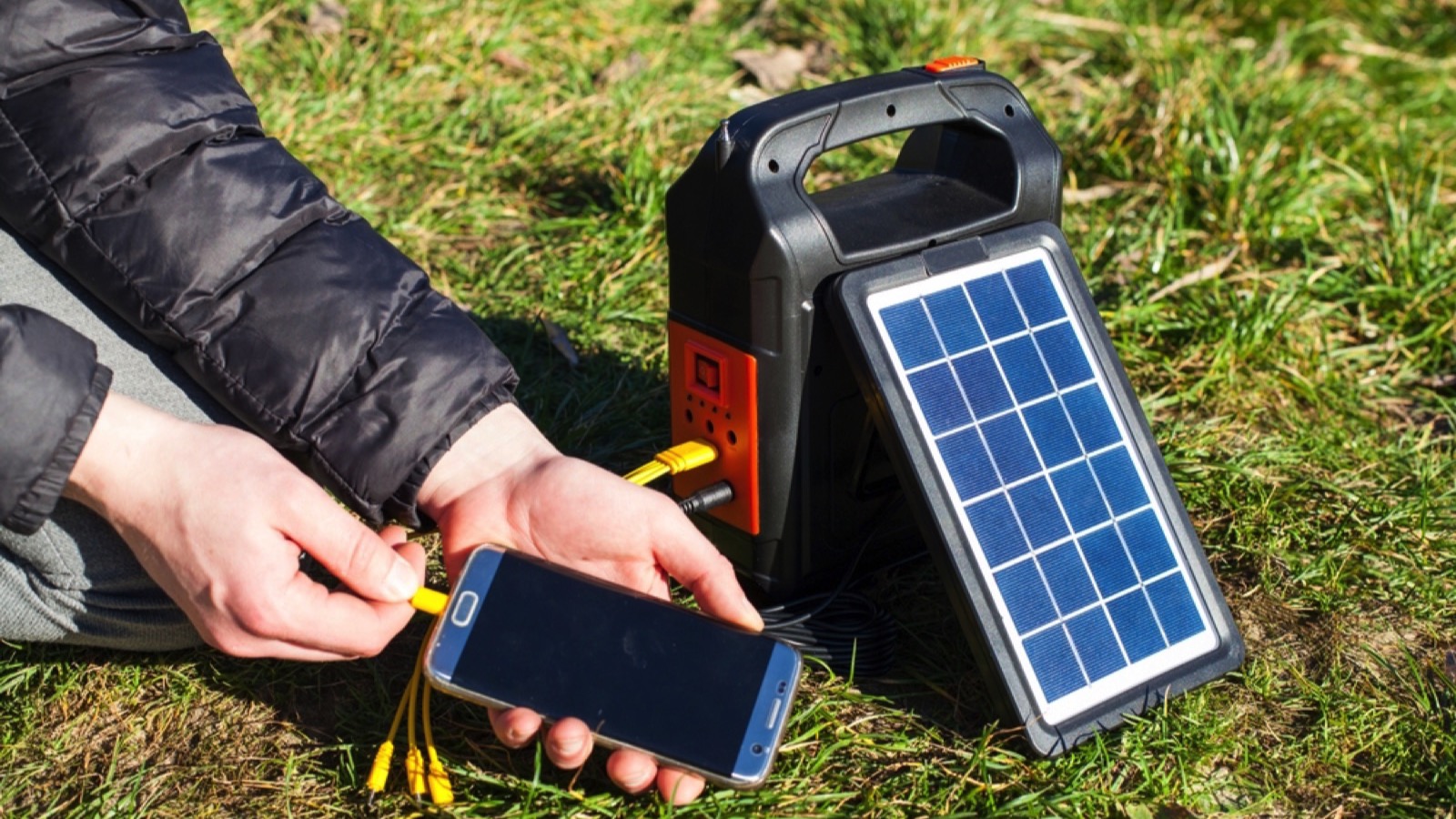
Urban areas are highly dependent on electricity for almost everything. Power outages can lead to a lack of heating, cooling, lighting, and communication. It’s crucial to have backup power sources like generators, solar panels, or batteries. Additionally, keep a supply of candles, matches, and flashlights with extra batteries.
4. Crime and Looting

During a crisis, crime rates can spike as people become desperate for resources. Looting and violent crimes may become more common. It’s important to have a plan for home defense and to stay informed about local security conditions. Strengthen your home security with locks, alarms, and possibly even a safe room.
5. Lack of Medical Care
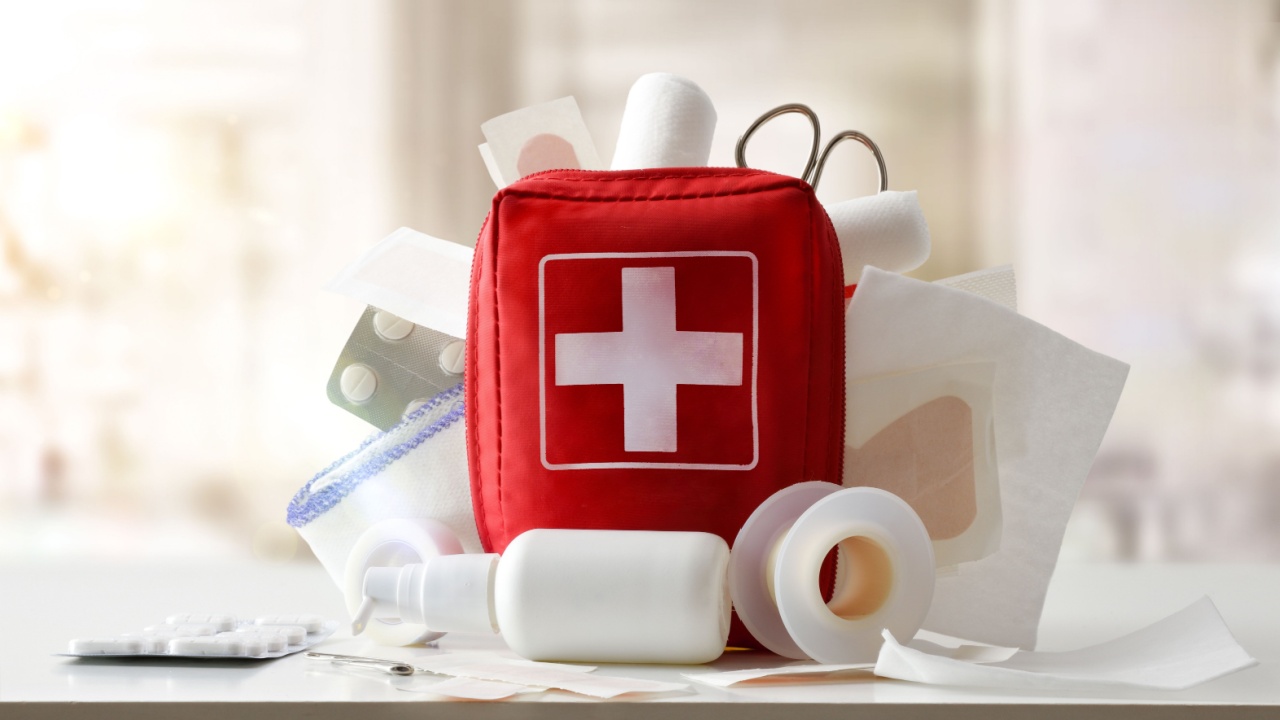
Hospitals and clinics can become overwhelmed or inaccessible during emergencies. This can make it difficult to get medical care when you need it most. Having a well-stocked first aid kit and basic medical knowledge is essential. Consider taking a first aid and CPR course to be better prepared.
6. Sanitation Issues
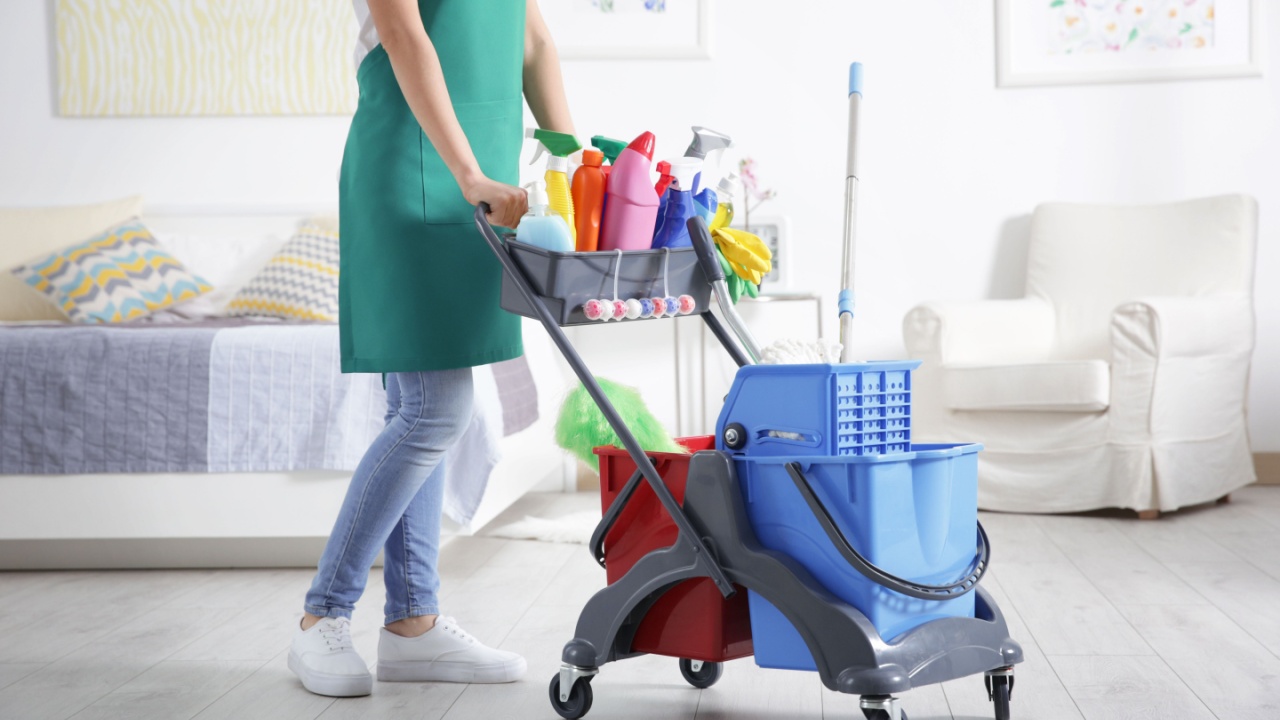
Without regular garbage collection and sewage services, urban areas can quickly become unsanitary. This can lead to the spread of diseases and pests. Knowing how to manage waste and maintain hygiene is crucial for staying healthy. Stock up on sanitation supplies like bleach, gloves, and portable toilets.
7. Transportation Problems

Public transportation may shut down, and roads can become impassable due to debris or traffic jams. This can make it difficult to evacuate or move around the city. Having a reliable mode of transportation and knowing multiple routes is important. Keep your vehicle well-maintained and have a bike as a backup.
8. Communication Failures

Cell towers and internet services can go down during a crisis, leaving you without a way to communicate. This can make it hard to get information or stay in touch with loved ones. Having a backup communication plan, like two-way radios, is essential. Learn how to use and maintain these devices properly.
9. Mental Health Strain

The stress and uncertainty of urban survival can take a toll on your mental health. Anxiety, depression, and panic can become serious issues. It’s important to have coping strategies and to stay connected with supportive people. Practice mindfulness or other stress-relief techniques to help manage anxiety.
10. Social Unrest

In times of crisis, social unrest and riots can break out, making urban areas dangerous. It’s important to stay informed about local events and to have a plan for avoiding or escaping areas of conflict. Keep a low profile and avoid drawing attention to yourself during such times.
11. Environmental Hazards

Urban areas can be full of environmental hazards like polluted air, contaminated water, and toxic waste. These can pose serious health risks. Knowing how to protect yourself from these hazards is crucial. Use masks and other protective gear when necessary to avoid exposure.
12. Structural Collapse

Buildings and infrastructure can be damaged or collapse during disasters like earthquakes, floods, or explosions. Knowing how to recognize unsafe structures and having a plan for evacuation can save lives. Familiarize yourself with the safest areas in your home and practice evacuation drills.
13. Fire Hazards
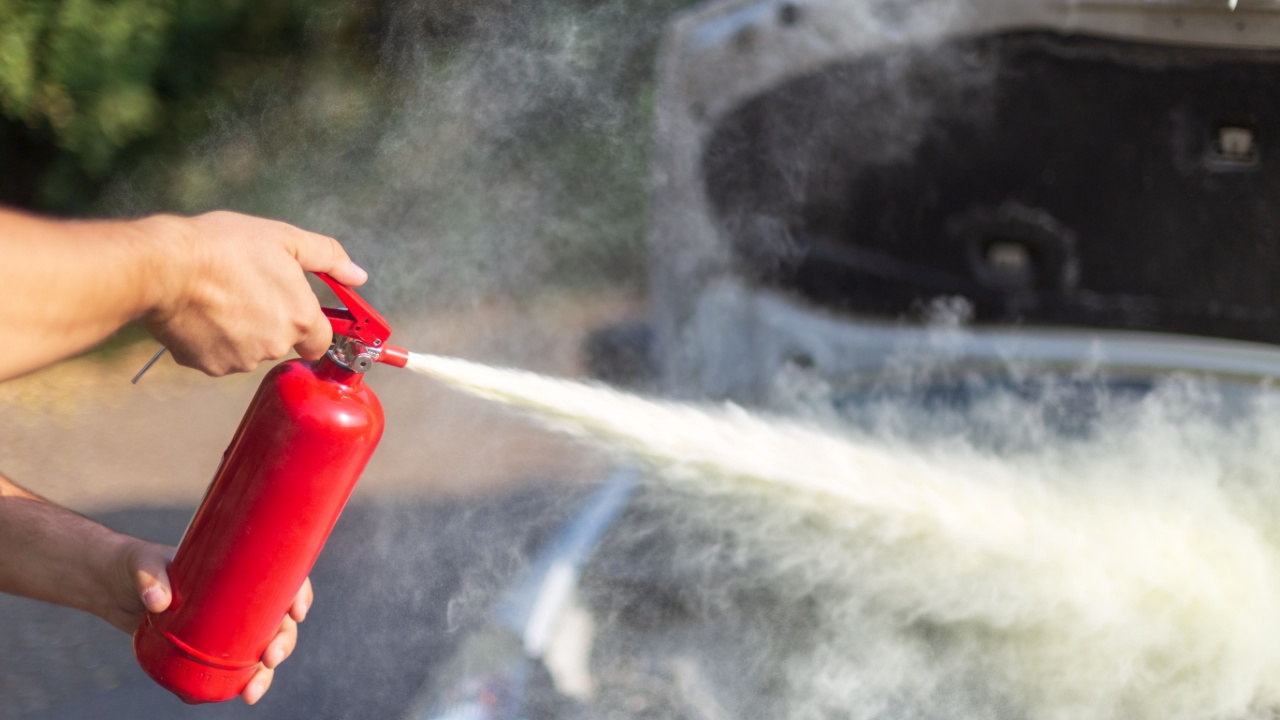
Fires can spread quickly in densely populated urban areas, especially if firefighting services are overwhelmed. Having fire extinguishers and knowing how to use them can help protect your home and family. Create and practice a fire escape plan with your household members.
14. Limited Green Spaces

Urban areas often lack green spaces, which can make it difficult to grow food or find a safe place to retreat. Knowing where local parks or community gardens are can provide valuable resources. Consider vertical gardening or container gardening to maximize limited space.
15. Dependence on Technology

Urban life relies heavily on technology, which can fail during a crisis. This can leave you without access to important information and services. Learning basic survival skills and having low-tech alternatives is essential. Keep printed maps, manuals, and other essential information handy.
20 Crucial Supplies for Surviving a Societal Collapse

In the face of uncertainty, being well-prepared gives you at least some degree of control and security. The thought of a societal collapse, while extreme, prompts us to consider how we might endure without the conveniences of our current lifestyle. Here’s a list of 20 essential items that could prove indispensable in such a scenario. This guide isn’t about succumbing to fear but embracing preparedness and resilience.
14 Essential Canned Goods for Your Emergency Pantry
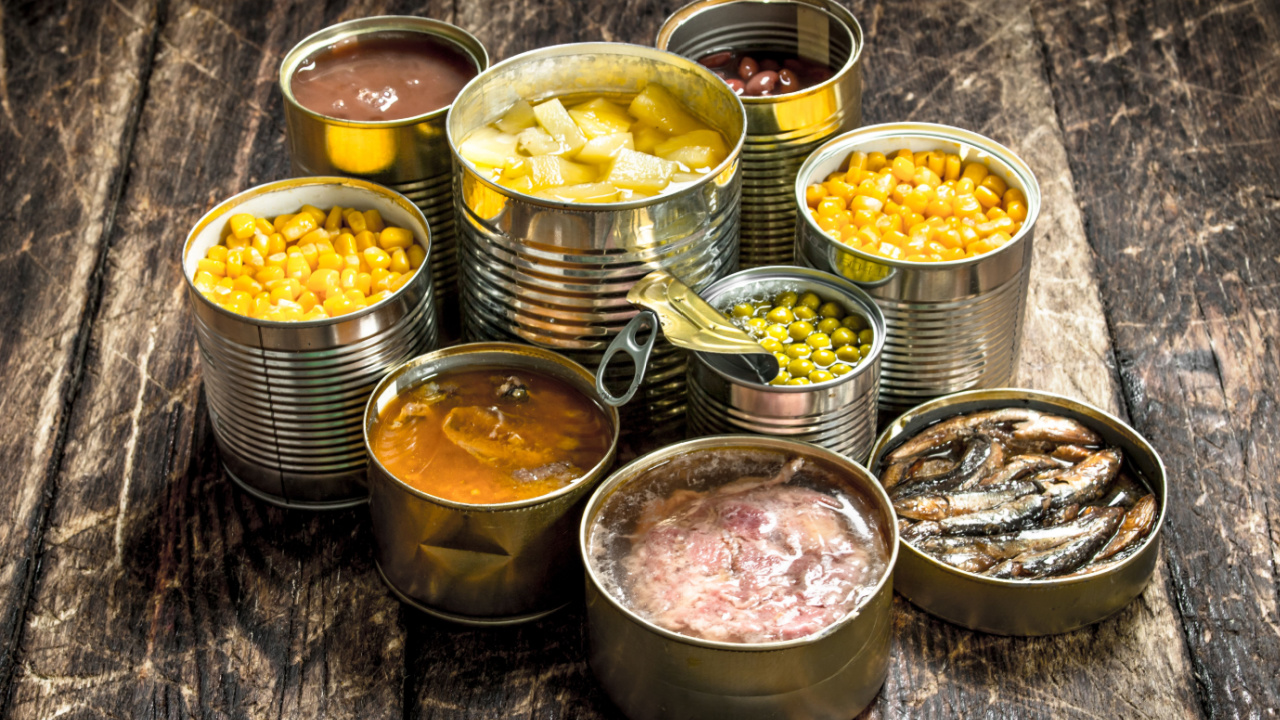
I firmly believe in keeping a well-stocked emergency pantry. While fresh food is ideal, in a survival situation, we may not be that lucky. So, for my family, even though we grow a lot of our own food, canned goods play a crucial role in emergency preparedness. They offer a reliable source of nutrition when access to fresh produce may be limited. The goods you stockpile should be affordable, easy to store, and full of nutrition.
Best Regions in the U.S. to Escape to When Society Collapses
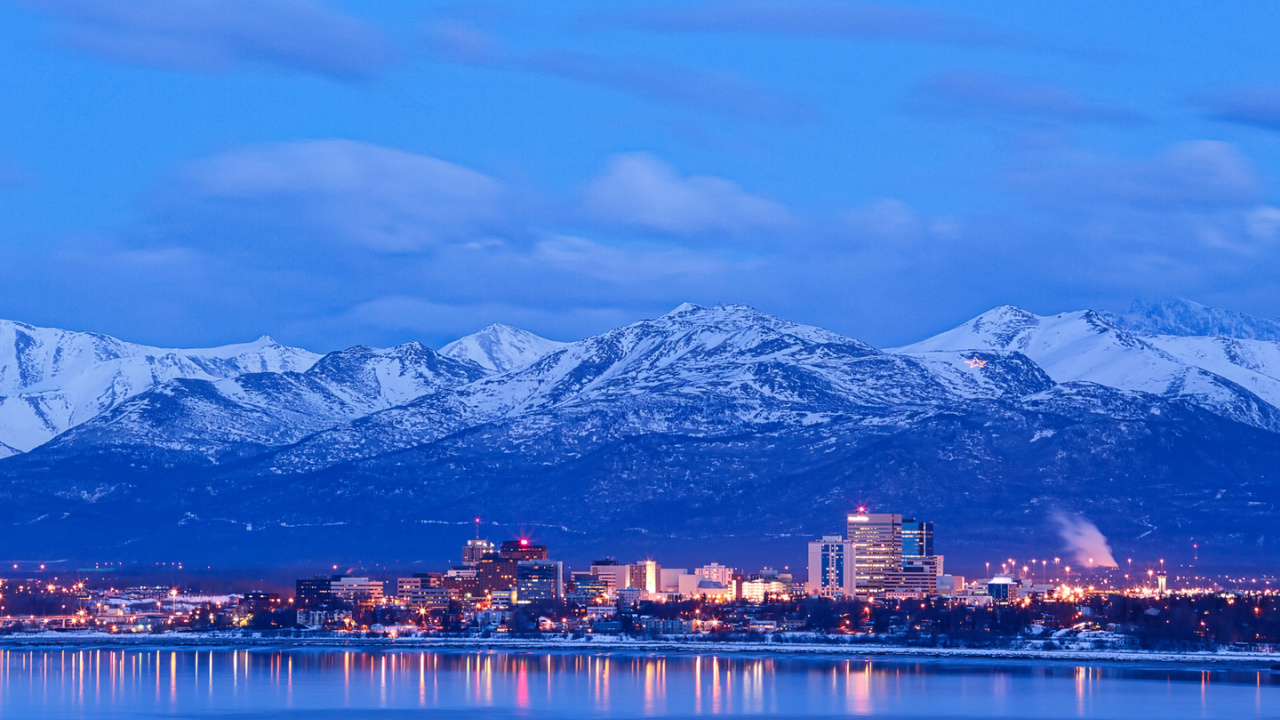
Choosing a refuge in the event of societal collapse involves weighing the pros and cons of each location against your personal preparedness goals and abilities. Whether you’re drawn to the solitude of the desert or the protective heights of the mountains, the key is finding a place that offers safety and the opportunity for growth and renewal.

